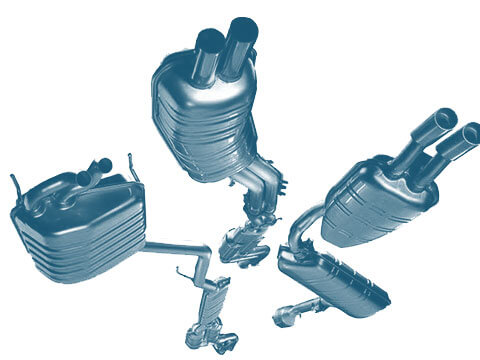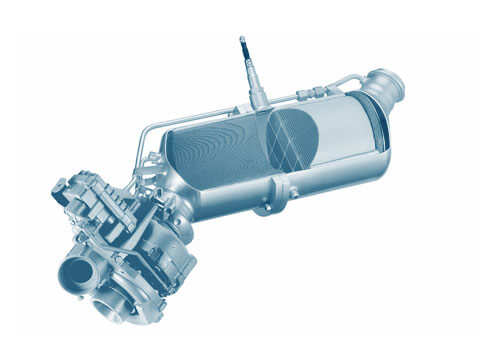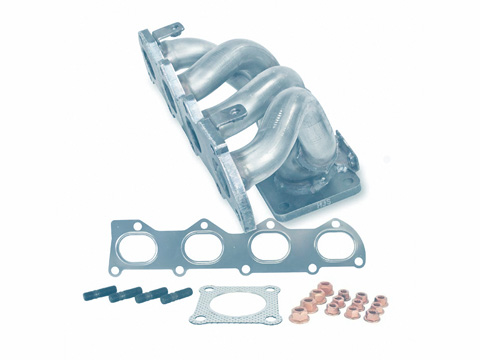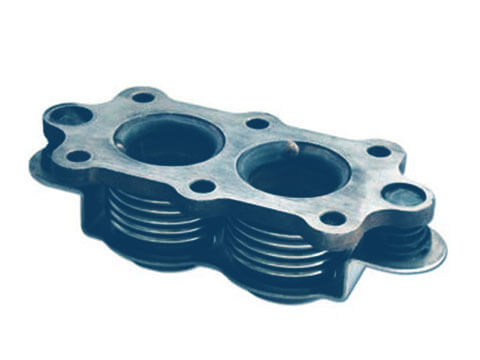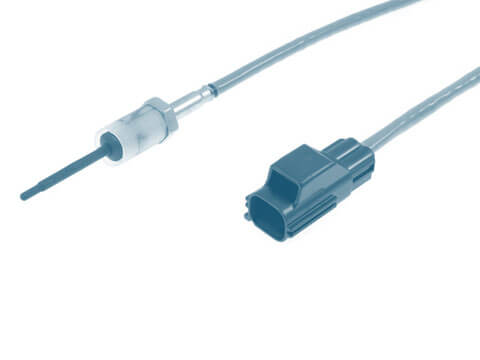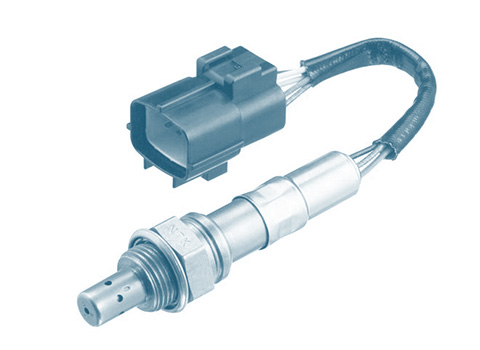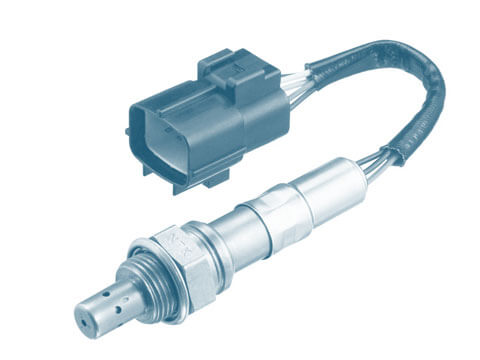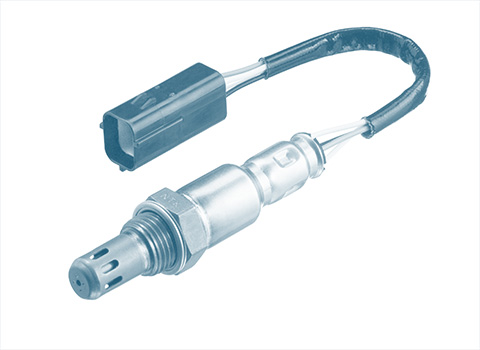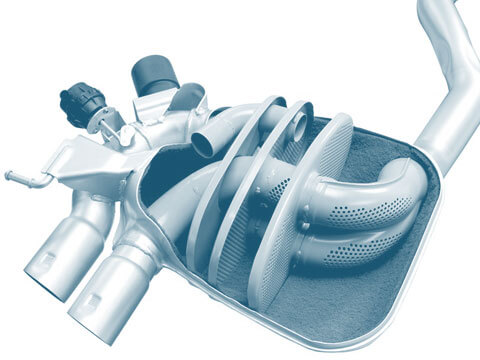Gasoline particulate filter
In modern petrol engines with direct injection, the gasoline particulate filter reduces the emission of soot particles.
Protection of the environment
Since September 2018 the new emission standard Euro 6d-temp has applied for all new sold vehicles. A maximum of 6 x 10 11 particles per kilometre may be emitted by petrol engines since this point in time. As the particles emitted by petrol engines are so small that their mass can barely be measured, for a long time they were ignored. The problem of these “ultra-small particles” is that they are not only small enough to get into human lungs, and therefore other organs, but they are also carcinogenic. Vehicles which were first registered before September 2018 are not affected by this new regulation.
Function
Soot particles are mainly a problem in diesel engines. But particles are also emitted in modern petrol engines with direct injection. This involves residues which arise from the combustion of the air-fuel mixture because the fuel is not fully combusted. A gasoline particulate filter, or GPF, is a system to reduce these particles in the exhaust gases from petrol engines. The hot exhaust gas flow is channelled into the filter housing. Here the exhaust gases flow through the filter material. Highly porous and strongly heat-resistant cordierite ceramics are mostly used here. Due to the high exhaust gas temperatures – around 200° C higher than in diesel engines – the soot particles on the filter are constantly burned by the hot exhaust gas from the combustion chamber. Active cleaning (“filter regeneration”), like with diesel particulate filters, is therefore not required for normal operation.


